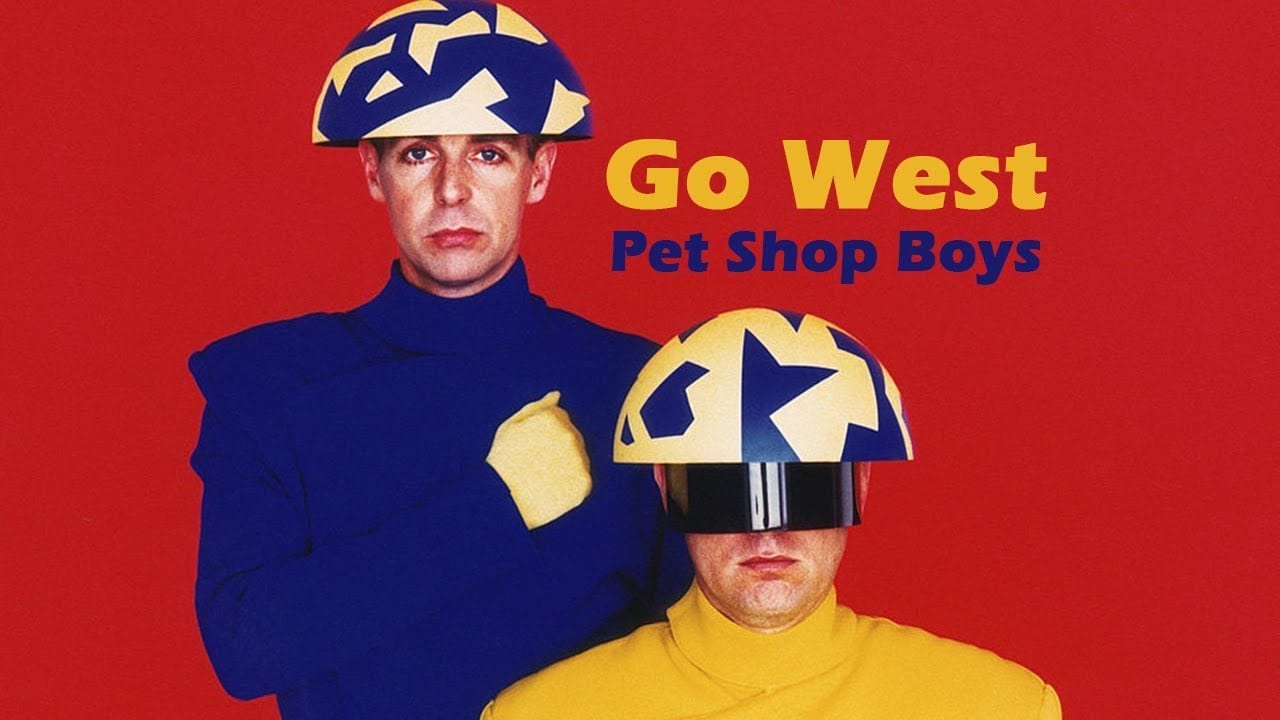
I’ve been talking a lot about the Eastern and Southern Hemispheres these days. I’m adamant that these hemispheres are creating the future, whilst the North Western Hemisphere struggles with its legacy infrastructure. In particular, Europe and America are suffering from their old technology structures. Specifically, America is lagging the world.
America. Land of the free and home of the brave. Well, it used to be. Now, it’s the land of the politically correct and home of the migrants that made it there before Donald Trump ascended to the throne. Now, now Chris, let’s not go there. Yep, The Finanser is politically-neutral, or tries to be, but I am often amazed by things that happen in my business activities with US banks.
Many of them pay me with a cheque, the only country in the world who sends me paper payments of this nature. They often ask me for my FAX number on supplier set-up forms, when I haven’t used a fax machine for over twenty years. In fact, I’m surprised they don’t want my telex number. And they are one of the few countries where, when I pay, they ask for my ID and swipe the card. Sure, Chip & PIN is coming in, but it’s still not pervasive.
At the Forum’s December 2017 Member Meeting, several of the global payment networks reported that the number of chip-on-chip transactions for credit cards is over 50 percent, and purchase value is over 60 percent. This can be attributed to the significant growth in merchant enablement seen over the past year. Today, 96 percent of the top 200 merchants are now accepting chip payments compared to 29 percent of merchants at the beginning of 2017.
What this illustrates for me is that you really need a strong incentive to change merchant and user behaviours to move to new payment types. It’s a little like the UK Payments Council announcing the abolition of cheques by 2018 at the start of this decade, only having to change its mind, when there was a media and consumer backlash. The reason they had to withdraw the policy is that people claimed there was no viable alternative to a payment by cheque.
Today, there are many alternatives, from mobile P2P payments to online electronic transfers and faster payments. Even so, the UK still processes over 400 million cheques today, down from 500 million in 2015 and over four billion twenty-five years ago. Behaviours are changing, but slowly.
Meanwhile, economies that had no plastic or paper have leap-frogged their North Western Hemisphere brethren. African nations, countries across Latin America, China and India have all jumped and this is because the majority of people in these countries were excluded from banking services until recently. They were too poor or too remote to serve physically through branches, and so were ignored. They had no cheque books, credit or debit cards, and no bank could be bothered to serve them. If anything, when they were discussed at conferences as being unbanked, the discussion would move to charities and philanthropic movements towards financial inclusion.
Today, this is very different. Today, everyone on Earth can be serviced through digital financial inclusion. A $1 transaction can be processed at the same cost as a $1 million through software, servers and algorithms. Hence, billions of people – two out of three people on Earth – are now being offered digital finance when, historically, they were ignored.
This is going to release trillions of dollars of productivity and change Planet Earth, and the Eastern and Southern Hemispheres are therefore generating our future world of finance. A future world of finance based upon cheap and easy, real-time transactions of any size – micro or macro – through the mobile network.
What gets me is that, when I make this point at conferences, so many people in the North-Western Hemisphere harrumph. What’s this got to do with us?, they say. I say, it has EVERYTHING to do with you, as this is the future of money.
I know that many don’t get it, but it struck me how many in these developing economies laugh at our legacy economies. They laugh at the fact that Apple Pay has to show me my plastic card in the app, so that I realise I am paying for something. They are amazed at the idea of using cash anymore, as cash has pretty much disappeared in their countries. And they wonder why people would even think about going to something like a building to do money activities.
Yep, the new world of money is coming from the East and the South, and definitely not from the North. Get with it.
Chris M Skinner
Chris Skinner is best known as an independent commentator on the financial markets through his blog, TheFinanser.com, as author of the bestselling book Digital Bank, and Chair of the European networking forum the Financial Services Club. He has been voted one of the most influential people in banking by The Financial Brand (as well as one of the best blogs), a FinTech Titan (Next Bank), one of the Fintech Leaders you need to follow (City AM, Deluxe and Jax Finance), as well as one of the Top 40 most influential people in financial technology by the Wall Street Journal's Financial News. To learn more click here...

